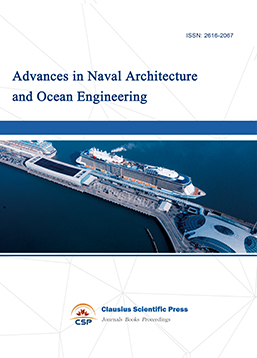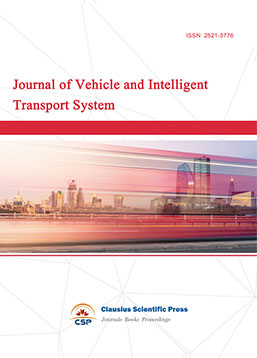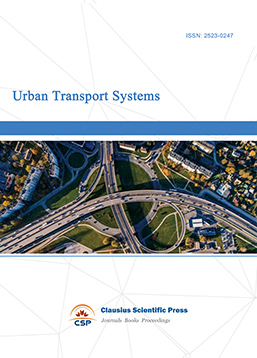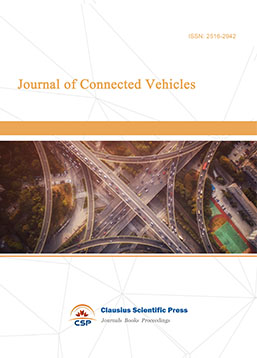Traffic Congestion Pricing Mechanism Based on Deep Reinforcement Learning
DOI: 10.23977/ftte.2025.050105 | Downloads: 21 | Views: 985
Author(s)
Ying Wang 1, Hongchun Zhang 2
Affiliation(s)
1 Tandon School of Engineering, New York University, Brooklyn, 11201, New York, United States
2 School of Transportation, Beijing Jiaotong University, Haidian District, 100080, Beijing, China
Corresponding Author
Ying WangABSTRACT
With the breakthrough progress of deep reinforcement learning technology, intelligent traffic governance has become the core research direction of urban management. To solve the problem that traditional congestion pricing mechanism is difficult to respond dynamically to the changes of road network state, this paper proposes a dynamic pricing model based on deep Q network. Through reinforcement learning framework, the model takes real-time traffic state as input, combines experience replay and objective network mechanism to generate pricing policy suitable for spatiotemporal characteristics. Experimental results show that DQN performs best in cumulative reward and discount cumulative reward, and converges faster by about 20% compared with fixed rate model and variable pricing model. The experimental model achieves a 12% increase in emission reduction rate while ensuring fiscal revenue through a collaborative strategy of peak online ride-hailing premium and bus discount. This research provides a real-time responsive decision-making framework for urban smart transportation governance, helping to break through the efficiency bottleneck of the traditional static pricing model.
KEYWORDS
Deep Q network, congestion dynamic pricing, reinforcement learningCITE THIS PAPER
Ying Wang, Hongchun Zhang, Traffic Congestion Pricing Mechanism Based on Deep Reinforcement Learning. Frontiers in Traffic and Transportation Engineering (2025) Vol. 5: 38-43. DOI: http://dx.doi.org/10.23977/ftte.2025.050105.
REFERENCES
[1] Jakob, M., Menendez, M. Parking pricing vs. congestion pricing: a macroscopic analysis of their impact on traffic[J]. Transportmetrica A: Transport Science, Vol. 17 (2021) No. 4: 462-491.
[2] González-Aliste, P., Derpich, I., López, M. Reducing urban traffic congestion via charging price[J]. Sustainability, Vol. 15 (2023) No. 3: 2086.
[3] Li, W., Kockelman, K. M., Huang, Y. Traffic and welfare impacts of credit-based congestion pricing applications: An Austin case study[J]. Transportation Research Record, Vol. 2675 (2021) No. 1: 10-24.
[4] Hall, J. D. Can tolling help everyone? Estimating the aggregate and distributional consequences of congestion pricing[J]. Journal of the European Economic Association, Vol. 19 (2021) No. 1: 441-474.
[5] Cohen-Blankshtain, G., Bar-Gera, H., Shiftan, Y. Congestion pricing and positive incentives: conceptual analysis and empirical findings from Israel[J]. Transportation, Vol. 50 (2023) No. 2: 607-633.
| Downloads: | 910 |
|---|---|
| Visits: | 59814 |

 Download as PDF
Download as PDF


